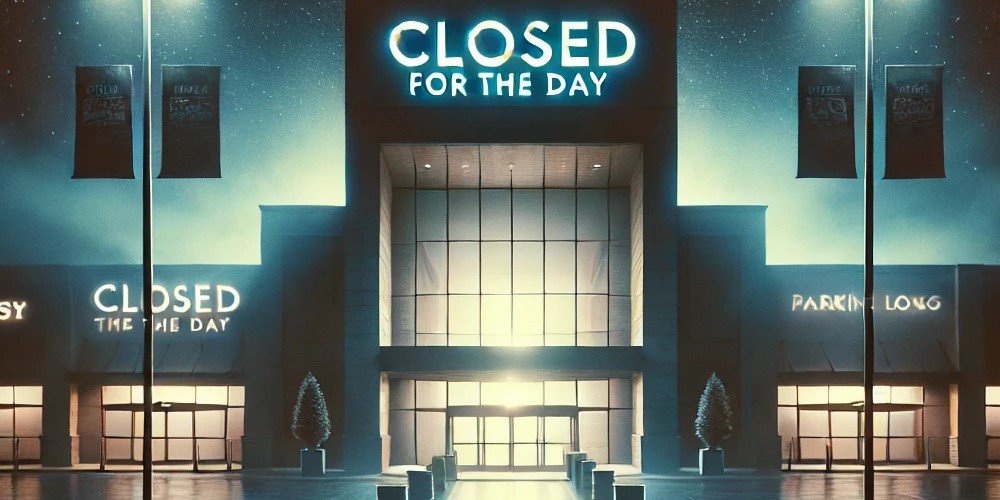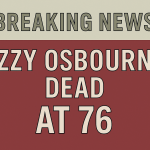On February 28, 2025, Americans were urged to put their wallets away for a full 24 hours. The idea was simple: stop spending, even for a day, and show big businesses just how much consumers matter. It was called the economic blackout, a movement led by The People’s Union USA, designed to protest rising prices, corporate greed, and the rollback of diversity and inclusion efforts. Supporters were encouraged to avoid major retailers like Walmart, Target, and Amazon, as well as gas stations and fast-food chains.
It sounded like a bold statement. But now that the event has passed, the big question remains: Did it work? Did businesses actually feel the impact, or was this just another online trend that faded as quickly as it appeared? The economic blackout results reveal an interesting mix of enthusiasm, frustration, and some hard economic realities.
Did the Economic Blackout Hurt Big Businesses?
If you were hoping for a dramatic financial shake-up, the reality might be a little disappointing. Experts say that one-day boycotts rarely leave a dent in the profits of major corporations. Big businesses thrive on long-term spending habits, and a single day of paused transactions isn’t enough to make them sweat. Instead of losing money, most retailers just saw a shift—many people stocked up on essentials before the blackout or simply delayed their purchases until the day after.
Surveys leading up to the event suggested that around 16% of Americans planned to participate, with Gen Z leading the charge. Some people genuinely tried to avoid spending, while others admitted to buying what they needed beforehand so they wouldn’t have to break the boycott. In the end, big companies still made their money—just on a slightly different schedule.
And let’s be honest—avoiding all spending for a full day is easier said than done. What happens if you run out of gas? What if your kid suddenly needs something for school? Life doesn’t pause for a protest, and that made full participation a challenge for many.

What Do the Economic Blackout Results Really Mean?
Even if major businesses barely noticed a dip in sales, the blackout did prove one thing: people are frustrated. Between inflation, rising grocery costs, and corporations raking in record profits while wages stay stagnant, it’s no wonder consumers are looking for ways to push back. The blackout may not have caused financial harm to retailers, but it did get people talking—and sometimes, that’s the first step toward bigger action.
The People’s Union USA has already hinted at future efforts, including longer and more targeted boycotts. A single day might not do much, but what about a week? Or a month? If enough people stay committed, that’s when companies start to notice.
Still, there’s a tough reality to face. Many people simply can’t afford to boycott certain businesses long-term. If Walmart is the only affordable grocery store in your area, skipping it isn’t just an inconvenience—it’s not an option. If your job depends on driving, you can’t just refuse to buy gas for a week. These are the real challenges of consumer activism, and they’re part of the reason one-day protests often don’t have much of a financial impact.

So, Was It a Success?
That depends on what you consider a win. If the goal was to shake up corporate profits overnight, then no, the economic blackout results suggest it didn’t work. But if the goal was to raise awareness, spark conversations, and build momentum for future activism, then maybe this was just the beginning.
At the very least, it showed that people are paying attention. They’re frustrated, they’re looking for ways to push back, and they’re willing to take action—even if they’re still figuring out the best way to do it.
What do you think? Would you take part in another economic blackout? Or do you think a different strategy is needed? Let’s talk about it.





















